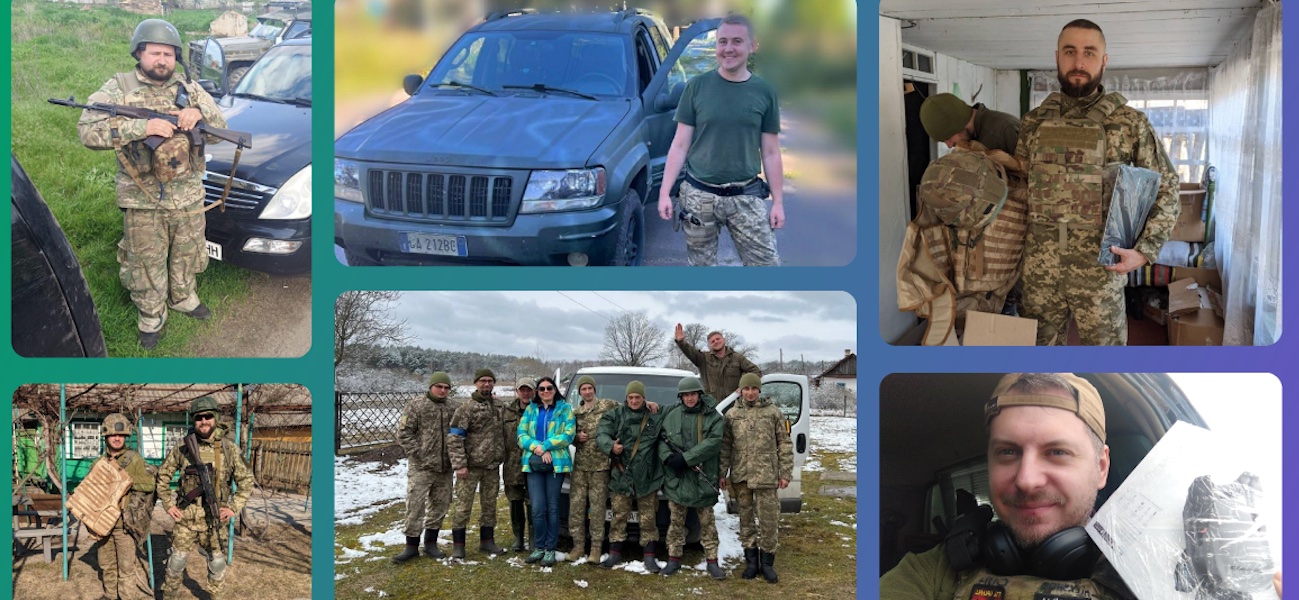Softjourn, a technology service provider with a focus on ticketing, has outlined how it has continued to operate its Ukraine offices in the midst of war with Russia.
Softjourn has had a contingency plan in place for a number of years to keep the company going and workers safe.
“Our contingency plan began in 2014, soon after Russia annexed Crimea,” Emmy Gengler, Softjourn chief executive, told TheTicketingBusiness. “This influenced our decision to have power and internet backups, and put in a diesel generator before the war in 2022.
“Starting in 2014, we began switching our employees from using desktops to laptops, so they would have more flexibility if there were any power issues. We make sure our employees working from home have backup internet service as well as power banks to charge their laptops and other work equipment.”
In June, Softjourn offered an update after 100 days of war and said that continuing to work was one way to not let the ‘aggressor’ win following Russia’s invasion of Ukraine.
Gengler added: “Unscheduled power outages are unfortunately occurring in many parts of Ukraine. While this can be extremely detrimental for many people and companies, we’d like to share how our well-prepared contingency plan has helped our office stay powered during blackouts.
“Our Ivano-Frankivsk office is equipped with an 18-20 kilowatt diesel generator, which can provide comfortable work conditions for up to 100 computers for over a week before requiring more diesel stock.”
Softjourn has also implemented three independent internet uplink connections to handle any potential internet outages. There are also two dedicated fibre-optic lines (directly to ISP) and one two-way satellite ‘Starling’ for any emergency situations. Gateways also work in redundancy mode, meaning two routers are working in parallel and one could be disconnected without halting services.
Softjourn has also continued to support to its employees affected by the events in Ukraine, including the opportunity to relocate to Western Ukraine or offices abroad. Workers can also choose to work remotely from anywhere in the world if they wish.
“We also established a company-wide ‘Emergency Chat’ for quick collaboration and providing immediate help to employees in need,” said Gengler. “We frequently check in on our workers and make sure they are safe and comfortable, and we do everything in our power to help them through tough situations.”
Softjourn is also continuing to pay any employees that would like to serve their country to ensure their families are supported. The company has also collected over $300,000 (£252,000/€291,000) in donations to support Ukraine’s army.
Softjourn opened its first office in Ukraine in 2005 and said that there were no plans to leave the country.
“We stand strong with Ukraine’s tech sector and do our best to support Ukraine’s economy and its people by continuing to hire and do business within the country,” said Gengler.
“The technology industry is one of the few industries that has been able to continue working with little to no interruption during wartime, especially for those companies with contingency plans that address energy outages.”
Most recently, Softjourn was forced to put its diesel generator to the test due to a power failure.
Gengler explained: “A couple of weeks ago, we had a central power failure in Ivano-Frankivsk due to Russian attacks on Ukrainian infrastructure, and this served as a ‘real-world test’ for our generator.
“The switchover to our backup generator and communication channels was extremely smooth for end users and the workflow in our office remained uninterrupted. Our dedicated fibre optic lines also worked extremely well during times when there were issues with mobile data and wifi connectivity in the city.
“We can now confidently say that our backup power and internet sources and tried and tested for energy emergencies and blackouts.”
A number of Softjourn workers (pictured) have also collected and donated equipment including vehicles, communication devices, bulletproof vests, thermal goggles and a drone.
Some workers are also defending their country.


